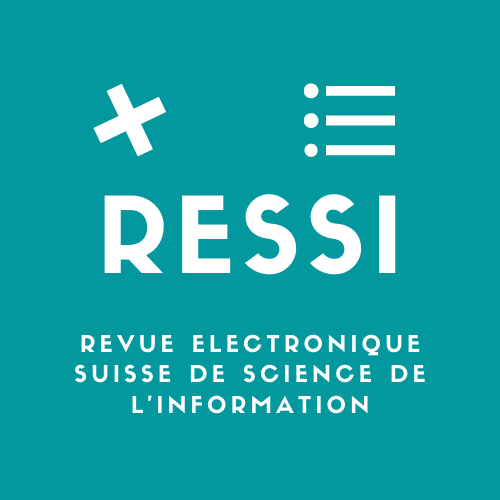Development of a maturity model to assess the FAIRness of architectural data in Switzerland
DOI :
https://doi.org/10.55790/journals/ressi.2024.e1518Mots-clés :
open research data, FAIR principles, matrix base maturity model, dataset, repository, Switzerland, architectureRésumé
This research carries out an in-depth assessment of the application of the FAIR (Findable, Accessible, Interoperable and Reusable) principles by the Swiss scientific community specialized in architecture, and consequently its positioning in the context of open science. The FAIR maturity assessment of research data is based on the use of maturity models. They provide a structured framework for implementing and improving data management practices. Our methodology involved a careful comparison of six existing maturity models and their alignment with the FAIR principles. This ensured a relevant and appropriate selection of evaluation criteria for own model. Developing straightforward criteria that can be applied in real-world scenarios is a key aspect of our approach. Inspired by the FAIR principles, we formulated our matrix-based maturity model, the Architectural Maturity Model (AMM). The goal of the AMM is to improve the understanding of metrics using a question-answer approach. We then applied the AMM to evaluate selected datasets stored in the Zenodo and ETH Research Collection repositories to assess the FAIRness of architectural research data.
The results show that architectural data are findable and accessible, but that they not very interoperable and can be reused only with limitations. To improve the FAIRness of architectural research data we recommend data producers to prioritize licences without restriction (e.g. CC0) and open formats. We also encourage researchers to discuss with their data stewards how to use controlled vocabularies to improve the visibility of their data on digital platforms.
Téléchargements
Publiée
Comment citer
Numéro
Rubrique
Licence
Certains droits réservés 2024 Valentina CARACUTA, Charlotte SCHAER

Ce travail est disponible sous licence Creative Commons Attribution - Partage dans les Mêmes Conditions 4.0 International.







